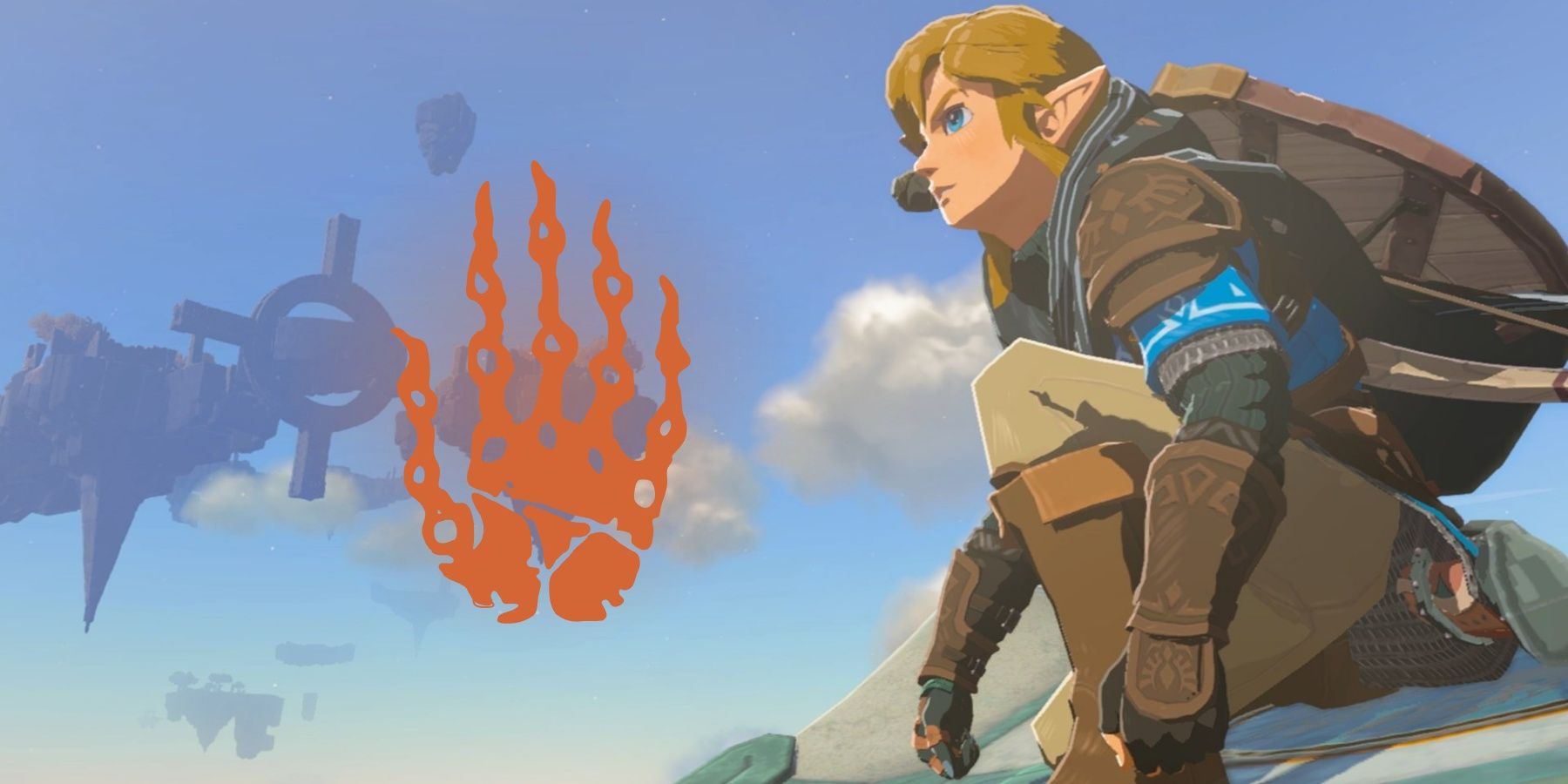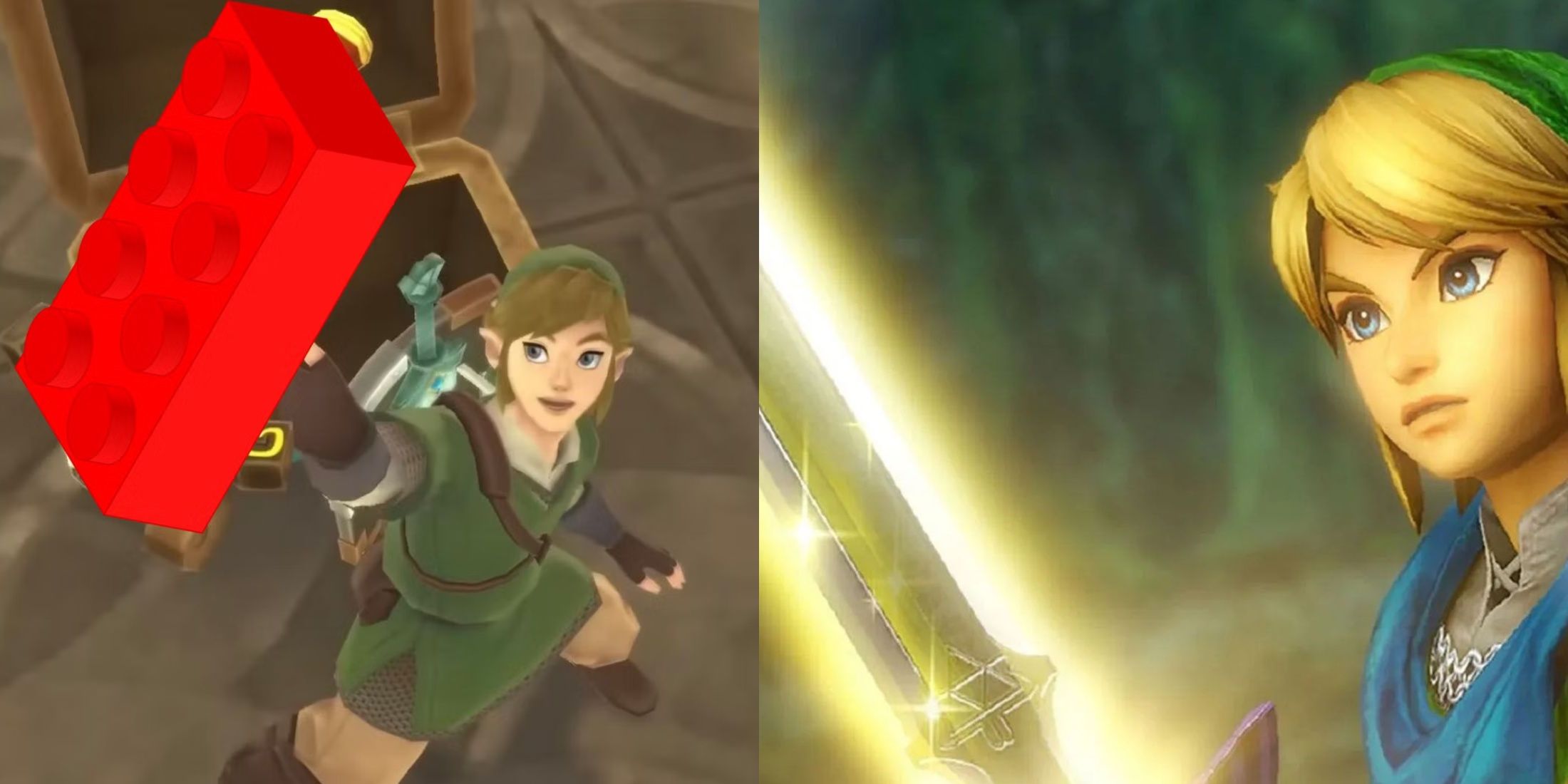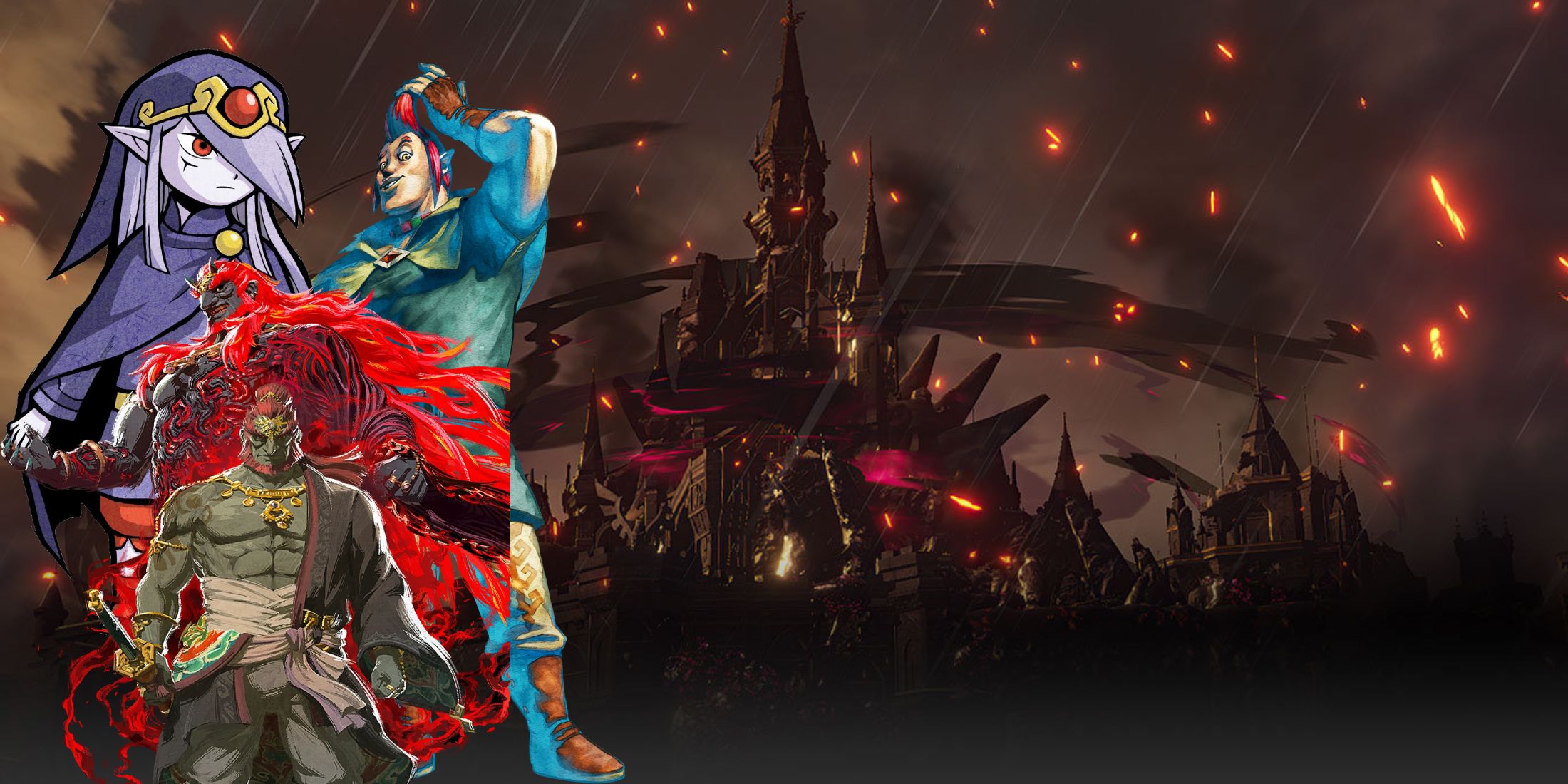Highlights
- The Legend of Zelda series is steeped in history but the timeline may limit new possibilities for storytelling and setting.
- Breath of the Wild and Tears of the Kingdom show a departure from traditional continuity, suggesting a reset may be beneficial.
- Hyrule in Tears of the Kingdom offers a unique landscape that defies the need to conform to a strict timeline, allowing for more creativity.
The Legend of Zelda boasts a rich history as one of the premium properties of Nintendo's expansive first-party line-up. It's perhaps only eclipsed by the best of Mario when it comes to an impact on gaming, with decades of innovative gameplay, stellar music, and impressive level design. Tears of the Kingdom is the latest masterpiece with Link at the center and reaffirms the belief that the series is one of the best on the medium.
However, The Legend of Zelda is not without fault, even if there are so few. One of the biggest issues is not with any specific game but with Nintendo's insistence on pooling them into one timeline. It's far from cohesive and limits the direction that it can go with the story and setting. With Zelda's success seemingly at an all-time high, now might be the best time to scrap the timeline altogether.

Zelda: Tears of the Kingdom Ultrahand Caused A Lot of Problems During Development
The Ultrahand ability caused many problems for The Legend of Zelda: Tears of the Kingdom development team, according to one developer.
The Zelda Timeline is a Convoluted, Conflicting Mess
The timeline was created to coincide with the release of Hyrule Historia, a collectors' book that features lore tidbits and character artwork. The timeline feels like a forced inclusion, cobbled together to connect games that were developed without a second thought about how they connect to one another. It wasn't needed, and no game since 2011's Skyward Sword has tried to keep too close to the rest of the series.
The Legend of Zelda: Skyward Sword is the start of the timeline, which splits into three different eras after Ocarina of Time .
Breath of the Wild and Tears of the Kingdom are clearly two parts of one whole instead of being two chapters of a long saga. They don't need the timeline to feel like they're steeped in history, as the landscape and art style show that Hyrule has immense depth. Abandoning the continuity that was created as an afterthought would put to bed a novel and interesting idea, but one that simply doesn't fit the Zelda series any longer.
Zelda Entered a New Era on the Nintendo Switch
Zelda has been one of Nintendo's most historic and beloved IPs since the very beginning, having gone through different phases over the last 37 years like the switch to 3D visuals and the implementation of motion controls. It's a franchise that has withstood everything that has been thrown at it, but with the release of Breath of the Wild in 2017, it's clear that the franchise is going through yet another change. It's exciting as the new formula has been a big reason for the success of the Nintendo Switch itself, but its impact can be used to do more housekeeping.
In many respects, it comes across as though Breath of the Wild and Tears of the Kingdom have rewritten a lot of the lore in the series, and continuing to adhere to the Zelda timeline can feel like more of a limitation rather than essential world-building. Resetting it, or abandoning it entirely, would give Nintendo complete freedom to conjure new stories, gameplay features, and environments that don't have to conform to continuity. Not every franchise has to be a part of one big, sweeping universe, and as Zelda titles are usually standalone anyway it could be the best course of action to stop trying to adhere to a timeline that never really needed to exist to begin with.
Hyrule in Tears of the Kingdom is Wholly Unique
From being submerged in the ocean in The Wind Waker to sending Link to a dreamy Koholint Island in Link's Awakening, Zelda has provided players with a wealth of interesting locations. The last two mainline games present the best take on Hyrule yet, even though they aren't a one-to-one recreation of the realm presented in A Link to the Past.
The geography presents an inherent problem with the timeline, but the wonderment that can be found in the Switch offerings far outweighs the need to conform to the timeline. Breath of the Wild and Tears of the Kingdom could even be the best basis for a reworked continuity, as it's a foundation that has proven to be well replicated.




